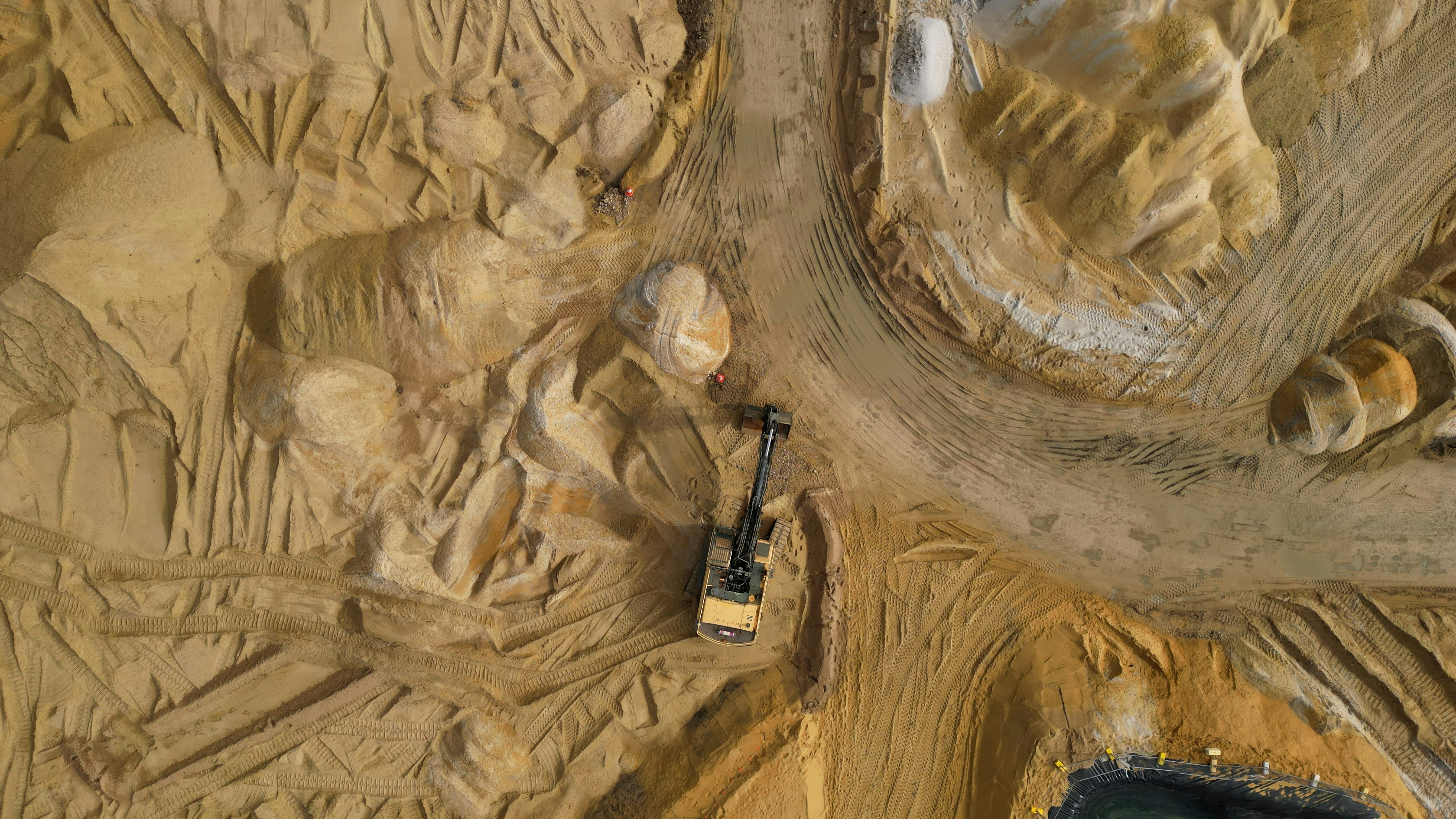Ground-Breakers of Geotechnical Engineering: The Pioneers Who Built the Foundations


At its core, Geotechnical Engineering ensures the stability of the very ground we build upon. From skyscrapers to bridges, none of these engineering marvels would stand without the contributions of Geotechnical experts. But the field didn’t appear overnight. It was built on the work of visionaries who revolutionised how we understand and manage soil and foundations.
Here are five figures who transformed the field and made modern engineering possible.
1. Karl Terzaghi (1883–1963): The Father of Soil Mechanics
Karl Terzaghi’s contributions cannot be overstated. As the “Father of Soil Mechanics,” Terzaghi transformed soil from an unpredictable material into a scientifically understood medium.
- What He Did: Terzaghi developed the concept of effective stress, the cornerstone of soil mechanics, explaining how soils bear loads and resist forces. His pioneering textbook Erdbaumechanik became the foundation of geotechnical engineering.
- Impact: Terzaghi’s theories remain fundamental to the design of foundations, retaining walls, and slope stability analysis, and his methods are still used in projects worldwide.
2. Emily Roebling (1843–1903): Overcoming Challenges to Build a Legacy
Emily Roebling is best known for her role in completing the Brooklyn Bridge, but her contributions to the Geotechnical aspects of the project were equally groundbreaking.
- What She Did: When her husband, chief engineer Washington Roebling, fell ill, Emily stepped in to oversee the construction. She managed the project’s most challenging Geotechnical tasks, including stabilising the bridge’s massive foundations in the soft riverbed soil of the East River.
- Impact: Emily’s leadership proved that determination and skill could overcome immense obstacles. Her work serves as an inspiration for engineers, especially women in a traditionally male-dominated field.
3. Ralph B. Peck (1912–2008): Innovating with Observation
Ralph Peck combined the theory of soil mechanics with real-world application, making him one of the most respected figures in Geotechnical Engineering.
- What He Did: Peck developed the observational method, which involves monitoring soil behaviour during construction and adjusting designs based on real-time data. His work on projects like the Chicago Subway and the Alaska Pipeline showcased this innovative approach.
- Impact: Peck’s methods have become standard practice, helping engineers minimise risks and save costs on large-scale projects.
4. Arthur Casagrande (1902–1981): A Pioneer in Soil Testing
Arthur Casagrande was instrumental in developing the laboratory testing methods that underpin modern Geotechnical Engineering.
- What He Did: Casagrande designed tools like the Liquid Limit Device to measure soil properties and developed standards for soil consistency testing. His research also improved the stability of embankment dams and other critical infrastructure.
- Impact: Casagrande’s contributions have ensured safer and more reliable designs for dams, barriers, and foundations, making his methods a staple in geotechnical practice.
5. Jean-Louis Briaud (1949–2021): Solving Modern Challenges
Jean-Louis Briaud was a contemporary leader in Geotechnical Engineering whose work addressed critical infrastructure challenges.
- What He Did: Briaud’s research on soil-structure interaction and scour prevention advanced the safety of bridges and levees. His textbook, Geotechnical Engineering: Unsaturated and Saturated Soils, bridged the gap between theory and practical applications.
- Impact: Briaud’s contributions to sustainability and safety have left a lasting mark on infrastructure projects globally, emphasising the evolving role of Geotechnical Engineers.
Building a Legacy, One Foundation at a Time
The field of Geotechnical Engineering has been shaped by these pioneers, whose work laid the groundwork—quite literally—for the modern world. Their breakthroughs in soil mechanics, observation techniques, testing methods, and sustainable practices continue to inspire the profession today.
At Calibre Search, we understand the importance of connecting talented Geotechnical professionals with opportunities to contribute to groundbreaking projects. Just as these pioneers reshaped the world, today’s engineers are building on their legacy to tackle the challenges of tomorrow.
After all, every great career starts with a strong foundation.
Let’s build your future together. Find out more about our Geotech recruitment here or take a look at our Geotech jobs here.
